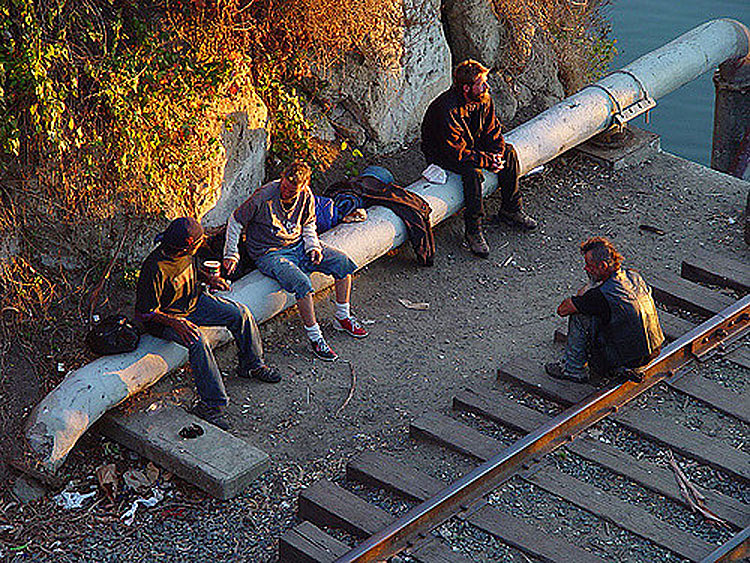Help is a Phone Call Away
By Nancy Fash
Editor’s Note: The Santa Cruz County Coroner reports two 16-year-old boys ended their lives in November, one in Watsonville and one in Scotts Valley. The information that follows is being provided as a public service.
•••
Living among such natural beauty on the Central Coast is nothing short of inspirational. Last March, our lives changed dramatically with a frightening pandemic and restrictions reshaping our daily life, fires, and an uncertain future.
The havoc on our daily lives continues as the rate of COVID-19 cases begins to soar once again and threatens our public health and safety.
Suicide Prevention Service, a program of the Family Service Agency of the Central Coast, operates the Suicide Crisis Line, a free, confidential and multilingual service that is available 24 hours a day, 365 days a year and remains as a lifeline for those at a breaking point in their lives.
Who among us cannot say we have not felt the disappointment and loneliness from the separation of family, friends, and coworkers.
Going about our daily activities requires added measures of precaution that, by intent, further isolates us from touchpoints in our communities.
Let’s face it — while video conferencing has become a welcome tool in practicing social distancing, and maintaining some face-to-face interaction, it is just not the same.
Experts recommend that we practice self-care, take the time to be kind to ourselves, and eat, sleep, and exercise safely. Caring for our mental health is a must.
As an essential service provider, Suicide Prevention Service provides a reliable, high-standard crisis response to serve those at risk of suicide or in a crisis, those concerned about someone experiencing a crisis, those providing services and needing triage assistance, support, or debriefing, and those needing help in accessing crisis level resources.
Given the rapidly evolving situation, and as the current crisis exacerbates existing mental health concerns and limited access to in-person service providers, knowing the risks and warning signs of suicide and how to access help is critical.
All age groups and all racial, ethnic, and socioeconomic groups can experience depression.
An estimated 25 million American adults are affected by major depression in a given year, but only one-half ever receives treatment.
Symptoms of depression in children and adolescents are similar to those in other age groups, but depending on age, will vary. Suicide is the third-leading cause of death among children ages 15-19, following accidents and homicides.
If you feel suicidal or in crisis, the Suicide Crisis Line number is 1-877-663-5433 and the National Suicide Prevention Lifeline is 1-800-273-TALK.
If seeking assistance or information on Bereavement Support Services, please call the Administrative Line for Suicide Prevention Service at 1-831-459-9373.
Santa Cruz County Behavioral Health 1-800-952-2335 is available 24/7, and walk-in crisis services are available Monday-Friday 8:00 a.m. -5:00 p.m. It is recommended you call for the latest COVID 19 recommendations.
The presence of resources or lack of resources can play a substantial role in a personal crisis; therefore, Suicide Prevention Service has a long history of working closely with other programs and resources throughout the Central Coast communities we serve.
Thankfully, there is a rich network of supportive services available to support individuals and families in navigating many of life’s toughest challenges.
For those not suffering an emotional crisis, another valuable source of information is available by dialing 2-1-1, where you will reach a free, 24-hour emergency hotline linking you to thousands of local health and human services resources.
•••
Nancy Fash is assistant program director, development and operations at Suicide Prevention Service.

